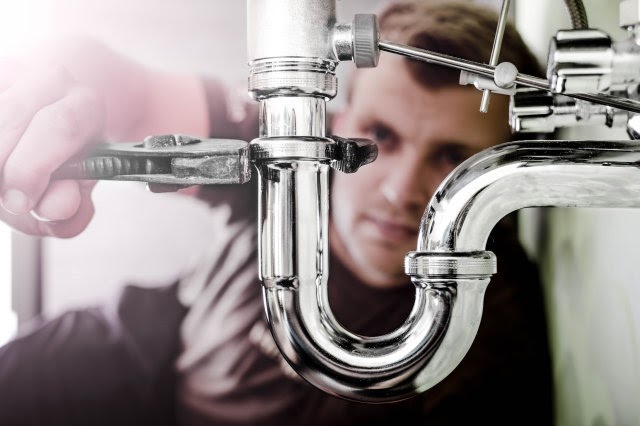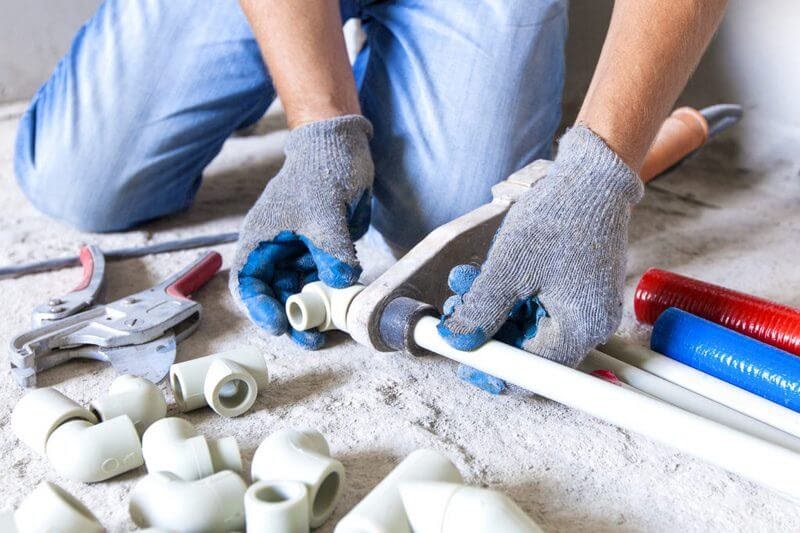
Sometimes home maintenance can seem like a never-ending story; no sooner have we got one thing fixed than another has started to play up. Many people try to do their own repairs in order to save paying for professional help.
If someone doesn’t know what they’re doing, however, it can be a dangerous business. Bodged plumbing can cause dampness and flooding, and wrong wiring can be a fire risk. If a person makes a mess of their home maintenance, it may end up costing them more to get it sorted. This article provides some key do’s and don’ts for your home plumbing jobs.
Do Be Careful Disassembling Things
Whilst it can be an easy task taking some things apart, it can be a nightmare putting them back together. If an item was factory fitted it may be a difficult task to redo it by hand. Always take photos before you start, so you can see from several angles how everything originally fitted together. If you are tampering with anything electrical, be sure to switch the electricity off before you begin.
Whether a person is stuck in the middle of a repair or before they have even started, professional help is often at hand. Many plumbing companies have an online presence. A visit to Allserviceplumbers.com shows that people like to submit online inquiries regarding both residential and commercial buildings. They are often looking for free camera inspections and first-time customer discounts.
Don’t Ignore The Smell Of Gas
If you detect the telltale eggy smell of natural gas, never ignore it. Don’t just assume you smell in a musty building, either! Should there be a gas build-up, there could be the risk of an explosion.
Switch it off if you can safely do so, and call the gas company immediately. Don’t rely on your own gas detection methods as they will be inferior (and less safe) than those used by the professionals.
Do Understand The Importance Of Power Tools
Always use the right tools for the job. Research what you’ll need beforehand, and make sure that you understand how to use them correctly.
Be sure to keep everything you need within arm’s length: this way you won’t need to leave the room while you are halfway through a job.
Don’t Use Caustic Chemical Cleaners
Whilst they can often quickly clear most drain blockages, they are bad news on several counts. Firstly, they are toxic and damaging to the environment. Secondly, they are dangerous when they come into contact with peoples’ skin and eyes. Thirdly, they can corrode the very pipes you are trying to unblock.
In the first instance, it is advisable to use a sink plunger. The natural sucking action should help dislodge most blockages. It’s also worth researching natural chemicals you can use, such as a combination of vinegar and baking soda.
Do Regularly Maintain Your Appliances
This will help them not overwork or age before their time. Check the filters on your air purifiers, HVAC, or air conditioning units. Clean or replace them in accordance with the product instructions. This should also help stop water from backing up and leaking.
Frequently clean the air filter in your electric dryer and occasionally replace the hoses on your dishwasher and washing machine.
Don’t Abuse The Drains
Regularly clean out your garbage disposal unit or better still, put your old food items into a compost bin. If you don’t want water getting backed up or clogged in your sink, avoid putting vegetable oils and animal fats down there.
The only things you should put down your toilet are toilet paper and flushable wipes. Don’t risk blockages by putting down items of female hygiene or diapers. Hair, paper towels, and more can all contribute to unwelcome plumbing issues.
Do Protect Yourself
The safety aspect is a key part of understanding power tools. If you are handling contaminated water or solvents, this could be harmful to your skin. Therefore wear latex gloves under leather ones.
Also wear protective glasses. Both sewage and water pipes can have pressure build-ups that are released when you expose them to the air. Things can also go flying when you are using a plumbers’ snake on your drains or when drilling and sawing.

Before you begin something, make sure the water main is turned off first. If you are unconfident with your task, speak to a plumber or call one out. It’s advisable to not tackle large projects yourself. With the right research and training, however, it is possible for many people to successfully perform the most basic plumbing tasks.
